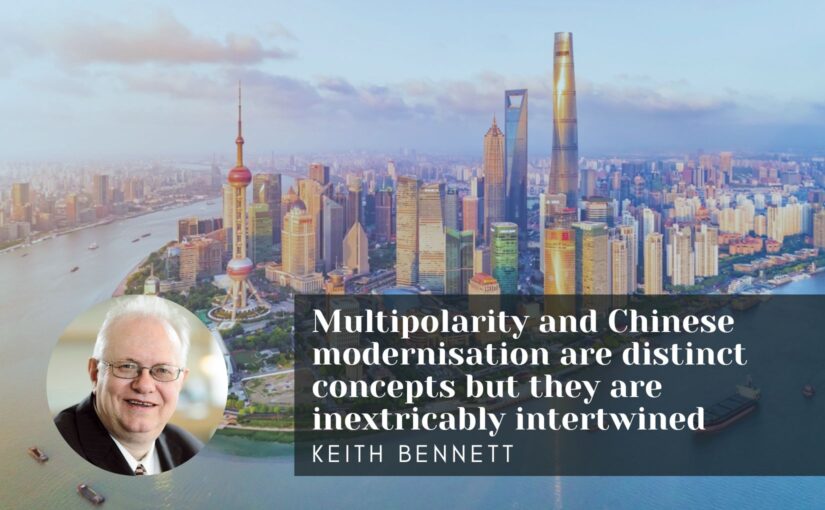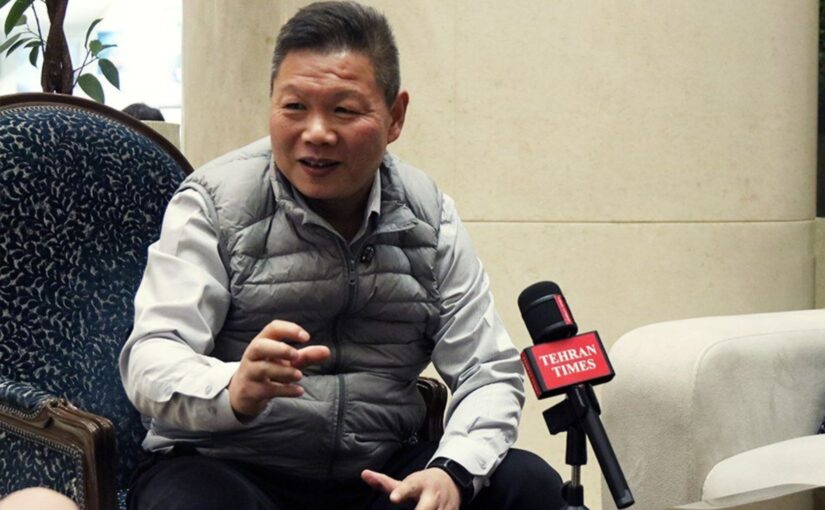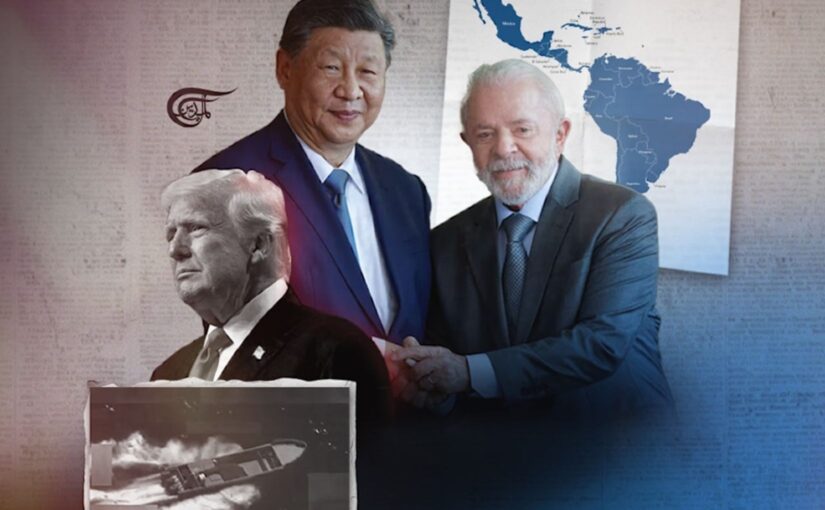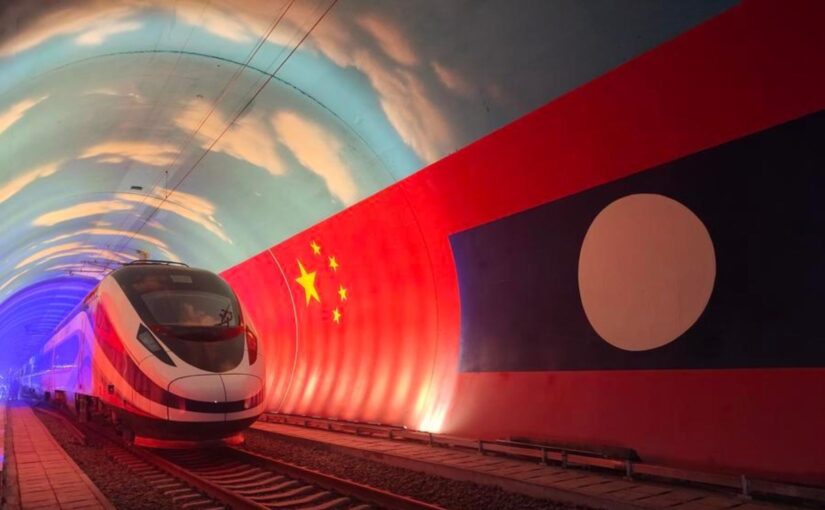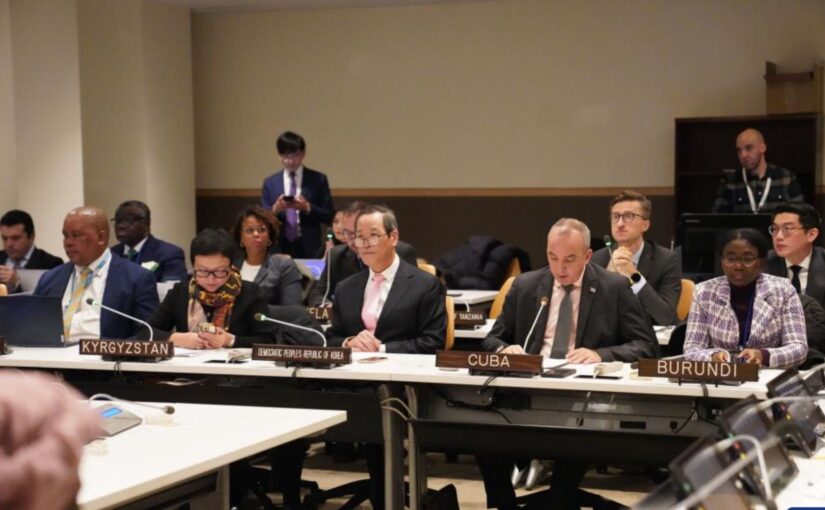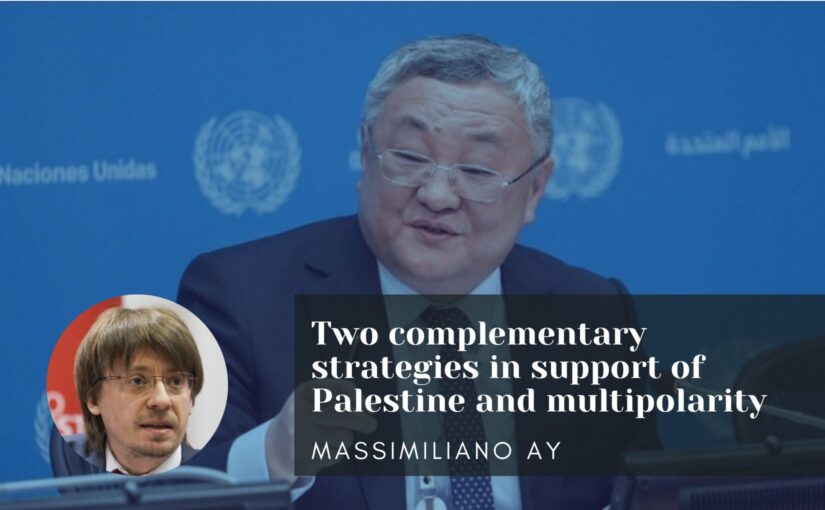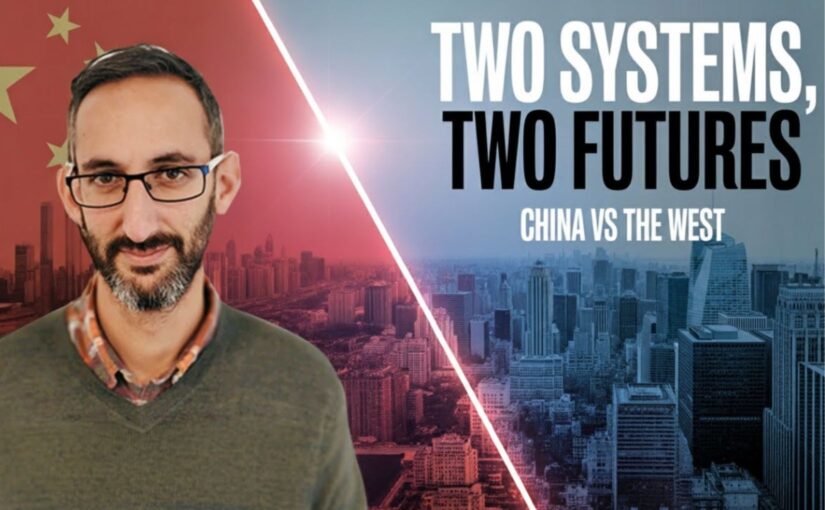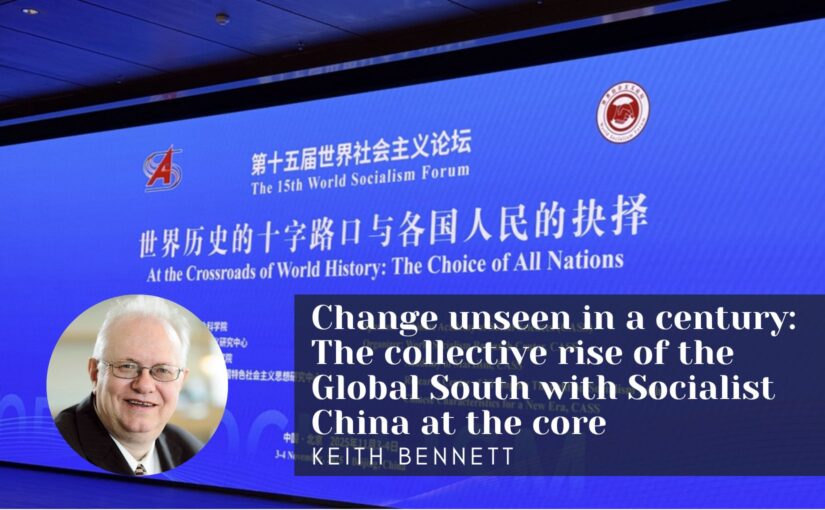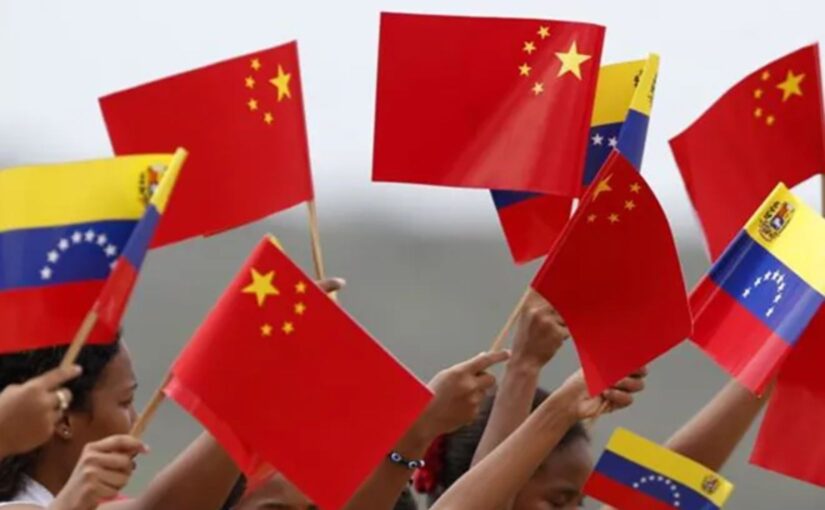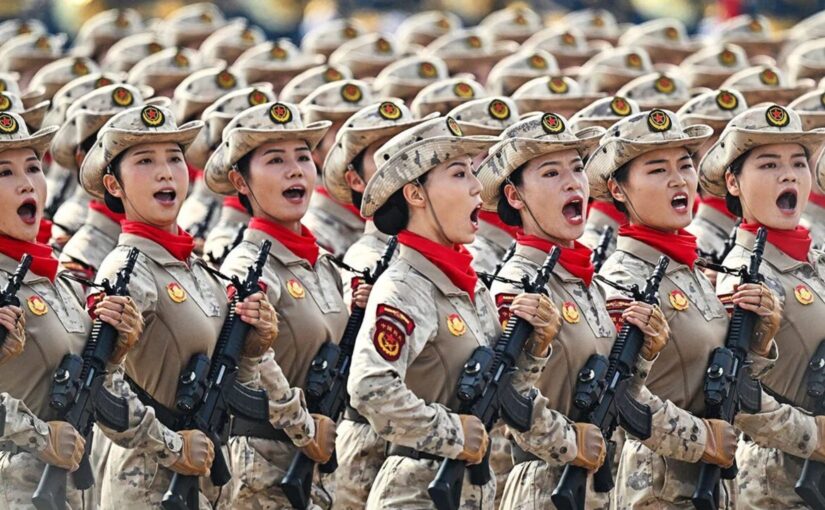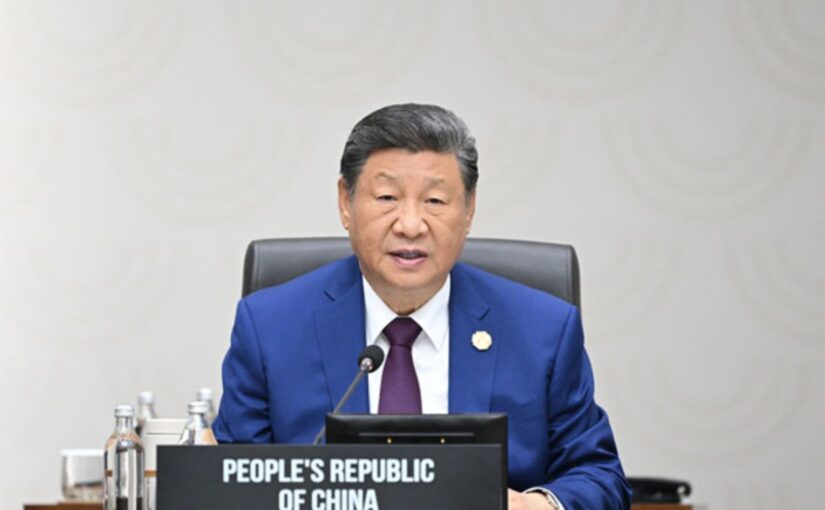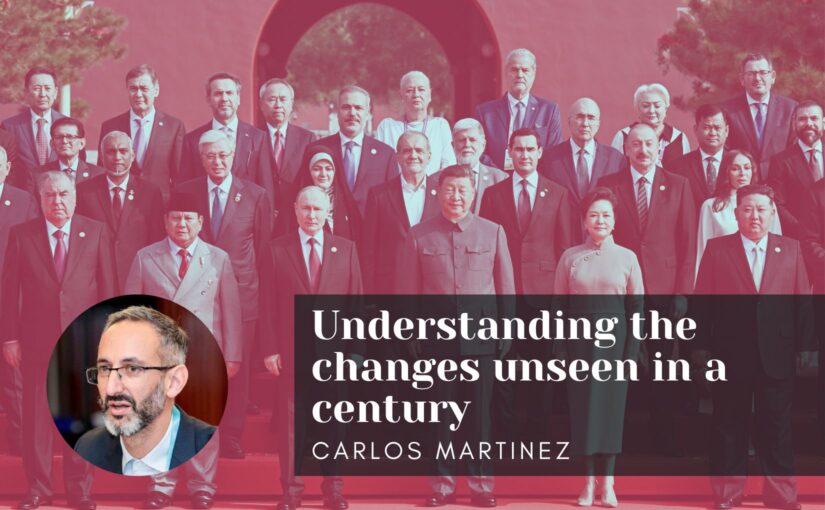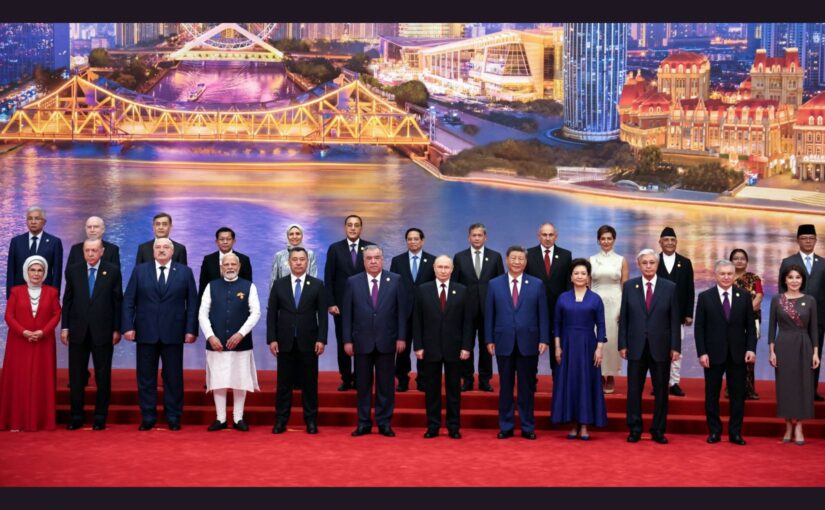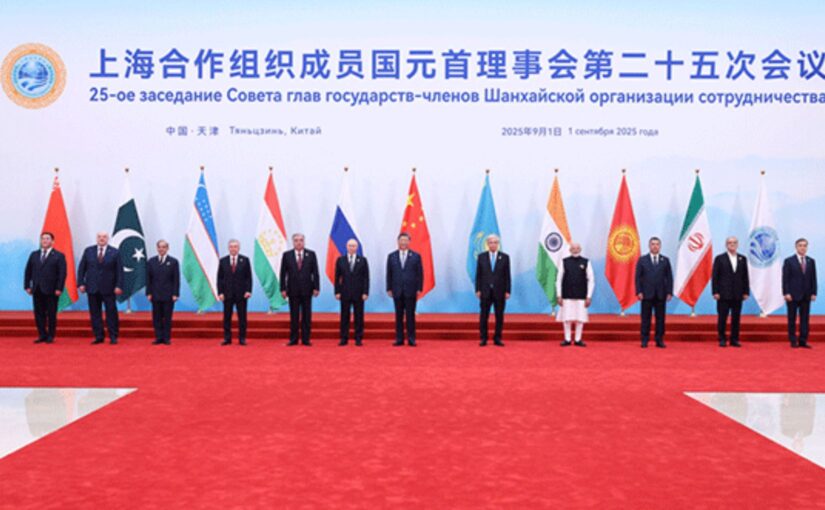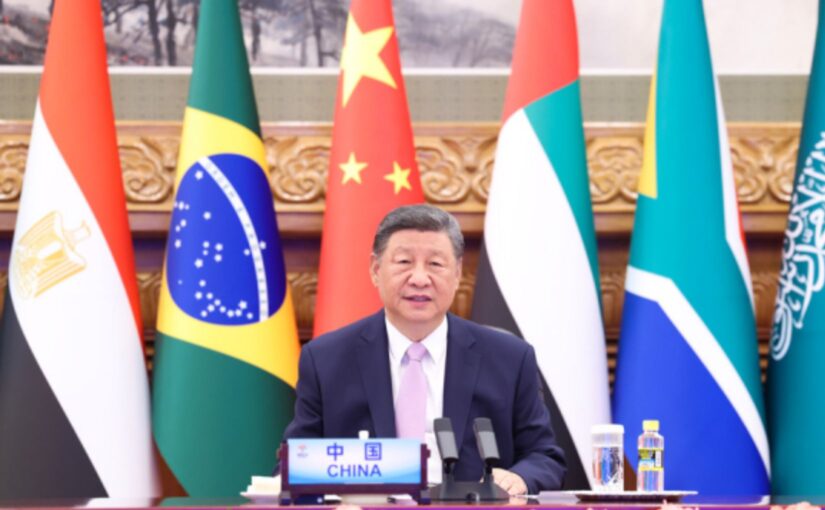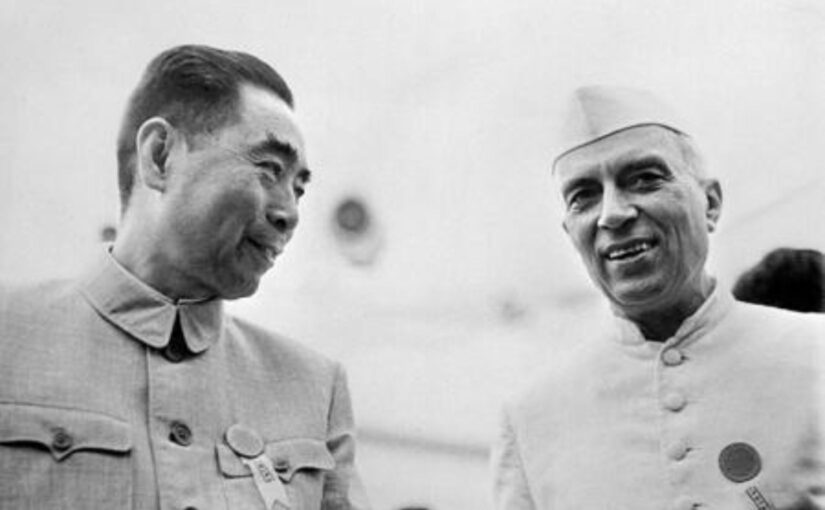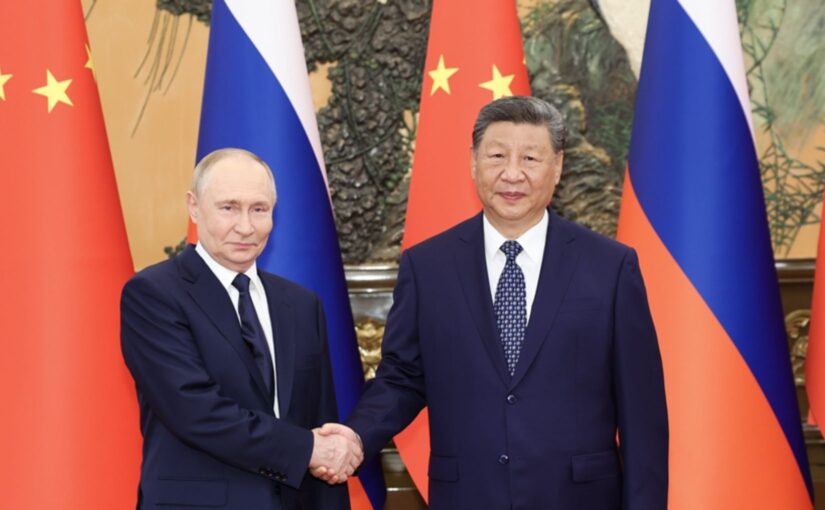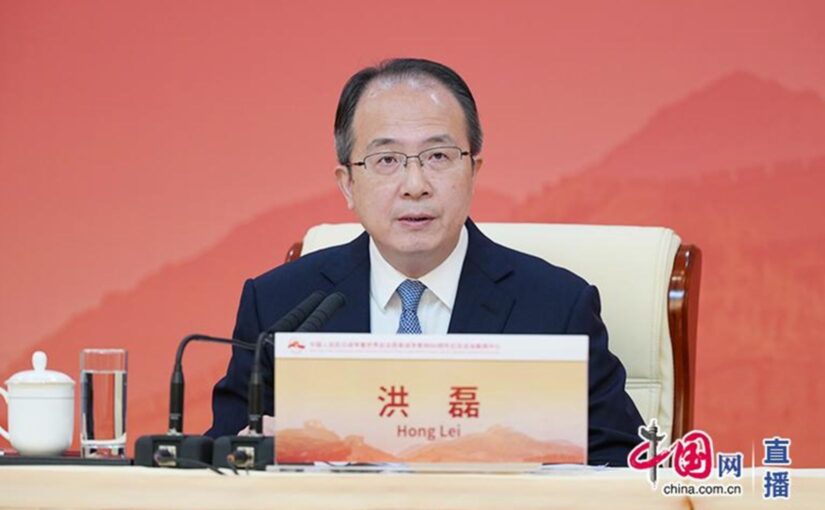The following article is based on a presentation given by Friends of Socialist China co-editor Carlos Martinez at the Latin America Adelante Conference in London on 7 February 2026. The presentation was part of a session on ‘Latin America, the New Cold War and the Rising Global South’, which was also addressed by Sophie Bold (CND General Secretary), Roger McKenzie (Morning Star International Editor) and Fiona Sim (Co-founder, Black Liberation Alliance). The session was chaired by Carole Regan of the Cuba Solidarity Campaign.
Carlos’s presentation focused on the Trump administration’s National Security Strategy and its implications for Latin America, as well as its connection to the US’s longstanding global strategy of encirclement and containment against China. Carlos concludes:
The ruling class is pushing an agenda that is increasingly unpopular and untenable — an agenda of permanent war, economic decline and ecological destruction. We need to push our own agenda: one of peace, multilateralism, solidarity, and the broadest possible global cooperation to confront the existential threats facing humanity.
The Trump administration’s National Security Strategy (NSS), released in late November 2025, has been the subject of widespread comment and a diverse array of interpretations. For those of us concerned with questions of peace, sovereignty and international justice, its most striking feature is its explicit reassertion of the Monroe Doctrine, shifting the focus of US military strategy towards “defending our hemisphere”, with more troops, bases and military operations in the Americas.
US hegemony over the Western Hemisphere is of course nothing new. Since the Monroe Doctrine was first promulgated in 1823, the United States has treated Latin America and the Caribbean as its backyard, overthrowing governments, installing dictatorships, funding death squads and imposing economic subjugation as a matter of routine. But, at least in the post-WW2 era, previous administrations have at least maintained some pretence of respect for international law and the sovereignty of other nations. The NSS does away with any such niceties, declaring that “the United States will reassert and enforce the Monroe Doctrine to restore American preeminence in the Western Hemisphere” and “deny non-Hemispheric competitors the ability to position forces or other threatening capabilities, or to own or control strategically vital assets, in our Hemisphere.”
Continue reading The US is pursuing a global Monroe Doctrine
